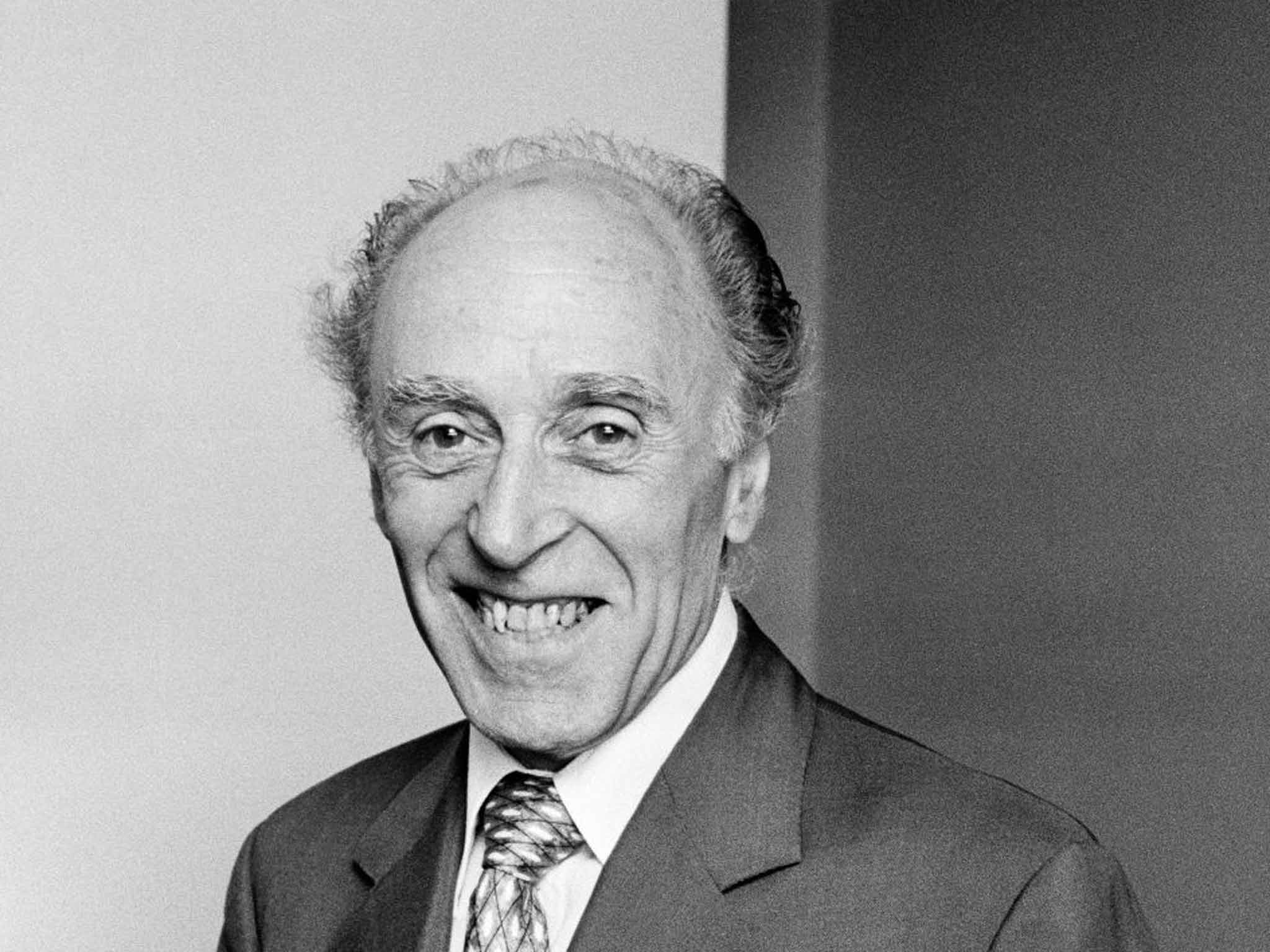Your support helps us to tell the story
From reproductive rights to climate change to Big Tech, The Independent is on the ground when the story is developing. Whether it's investigating the financials of Elon Musk's pro-Trump PAC or producing our latest documentary, 'The A Word', which shines a light on the American women fighting for reproductive rights, we know how important it is to parse out the facts from the messaging.
At such a critical moment in US history, we need reporters on the ground. Your donation allows us to keep sending journalists to speak to both sides of the story.
The Independent is trusted by Americans across the entire political spectrum. And unlike many other quality news outlets, we choose not to lock Americans out of our reporting and analysis with paywalls. We believe quality journalism should be available to everyone, paid for by those who can afford it.
Your support makes all the difference.The story of Harry Kartz's long, rich life – he was in his 103rd year when he died – is entwined with the fortunes of Aston Villa. Having first watched Villa just after the First World War, aged six, he was chairman at the start of the season when they last won the Football League, 1980-81, and vice-chairman as they became European champions in 1982.
Kartz, whose grandparents came to the Midlands from Prussia in what is now eastern Germany, was a Villa director from 1968 to 1984. During that period, the club fell into the Third Division before a 10-year resurgence, which culminated in their beating Bayern Munich in Rotterdam to win the European Cup.
The successes of the era came, however, against a backdrop of in-fighting which saw other leading directors, such as future chairman Doug Ellis, cast out of Villa Park. Kartz survived the power struggles in a manner befitting a former front gunner in RAF Bomber Command.
“I got away with that, so I feel very lucky,” Kartz said of his wartime experience, also recalling that he owned a horse called Wellington Bomber, which finished third in the Irish 2000 Guineas. Racing was his other passion; he entered horses in the Derby and Arc de Triomphe – and he used what his son John called “a big win” at Ascot in 1950 to establish an engineering business.
In December 1968, with Villa bottom of the Second Division, Kartz became deputy chairman under Ellis, with whom he had been friends since the 1950s, on a new board after London financier Pat Matthews bought control. He struck up a rapport with manager Tommy Docherty, helping set up a youth scouting network that brought future internationals Brian Little and Gordon Cowans to Villa.
In a boardroom feud between Ellis and Ron Bendall in 1979, Kartz sided with the latter. While Ellis took up directorships at Wolves and, later, Derby County, Bendall persuaded Kartz to become chairman. Publicity-shy but with good “people skills”, he became close to Ron Saunders until the manager declared his intention to sign the Coventry striker Mick Ferguson. He nominated Peter Withe, of Newcastle, as a better bet. Kartz resigned, arguing that harmony between chairman and manager was vital, and Bendall took over for the two trophy-winning campaigns before Ellis's return. Saunders, ironically, did buy Withe, who scored Villa's European Cup-winning goal.
John Harry Kartz, football club chairman and businessman: born Birmingham 26 October 1913; married Dorothy Cruse (deceased; two sons); died Solihull, West Midlands 12 March 2016.

Join our commenting forum
Join thought-provoking conversations, follow other Independent readers and see their replies
Comments